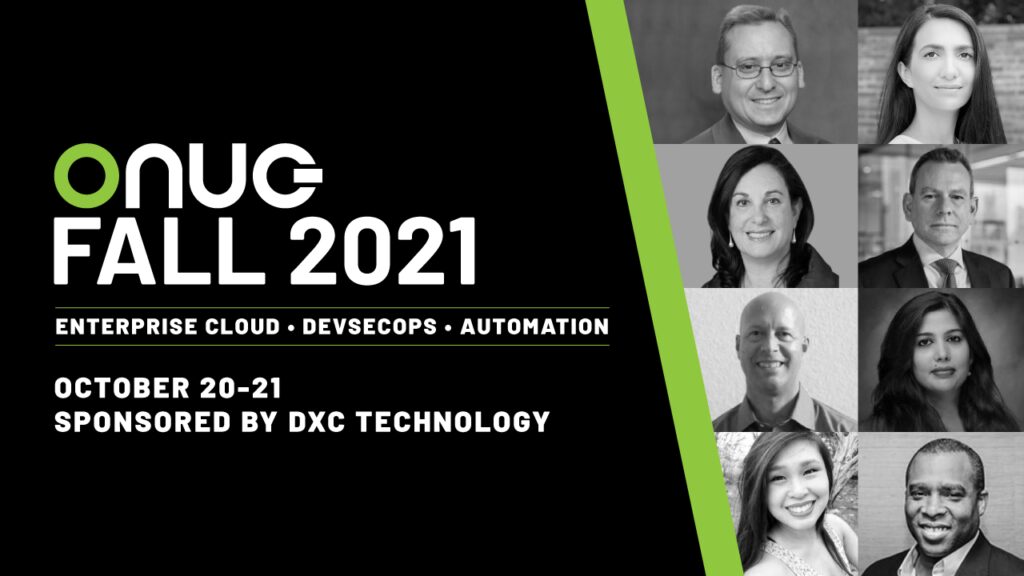
Spinelessness: The Future of Data Center Networks?
Leaf-spine and Clos network topologies have become ubiquitous in modern data centers to achieve high throughput for data-intensive applications. In fact, such designs are not optimal: recent research has developed other topologies, specifically expander graphs, that achieve higher throughput or lower cost, along with potentially easier incremental expansion. In this talk we’ll explore whether this theoretical performance efficiency can be realized in a practical way to improve enterprise leaf-spine data centers. This leads to a “spineless” data center, with a single type of switch rather than having separate roles for leafs and spines. We find that such designs can indeed be more efficient even at small to moderate scale, and we introduce an efficient routing scheme for such networks that uses standard hardware and protocols. This line of work opens new research directions in topology and routing design that can have significant impact for the most common data centers.
Dr. Douglas E. Comer is a Distinguished Professor of Computer Science at Purdue University. Formerly, he served as VP of Research at Cisco Systems. As a member of the original IAB, he participated in early work on the Internet, and is internationally recognized as an authority on TCP/IP protocols and Internet technologies.
Dr. Comer has written a series of best-selling technical books on Computer Networks, Internets, Operating Systems, and Computer Architecture. His 3-volume Internetworking series is cited as an authoritative work on Internet protocols and technologies. Dr. Comer’s books have been translated into 16 languages, and are used in industry and academia in many countries.
Dr. Comer consults for industry, and has lectured to thousands of professional engineers and students around the world. For twenty years he was editor-in-chief of the journal Software – Practice and Experience. He is a Fellow of the ACM and the recipient of numerous teaching awards.
Brighten Godfrey is a professor in the Department of Computer Science at the University of Illinois at Urbana-Champaign, and a technical director at VMware. He co-founded and served as CTO of network verification pioneer Veriflow, through its 2019 acquisition by VMware. He received his Ph.D. at UC Berkeley in 2009, and his B.S. at Carnegie Mellon University in 2002. His research interests lie in the design of networked systems and algorithms. He is a winner of the ACM SIGCOMM Rising Star Award, the Sloan Research Fellowship, the National Science Foundation CAREER Award, and several best paper awards.






